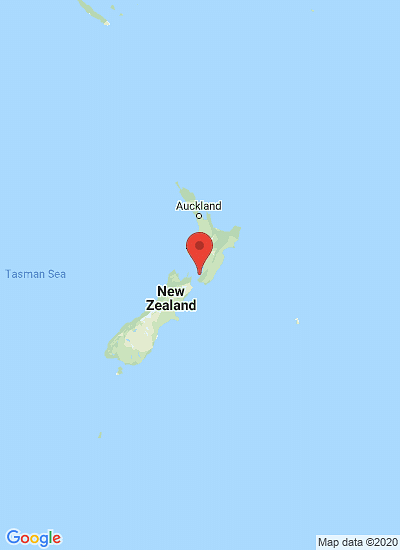The term "food miles"- how far food has traveled before you buy it - has entered the enlightened lexicon. Environmental groups, especially in Europe, are pushing for labels that show how far food has traveled to get to the market.
But is reducing food miles necessarily good for the environment?
Researchers at Lincoln University in New Zealand, no doubt responding to Europe's push for "food miles labeling,"recently published a study challenging the premise that more food miles automatically mean greater fossil fuel consumption.
Instead of measuring a product's carbon footprint through food miles alone, the Lincoln University scientists expanded their equations to include other energy-consuming aspects of production - what economists call "factor inputs and externalities"- like water use, harvesting techniques, fertilizer outlays, renewable energy applications, means of transportation (and the kind of fuel used), the amount of carbon dioxide absorbed during photosynthesis, disposal of packaging, storage procedures and dozens of other cultivation inputs.
Incorporating these factors, they found it was four times more energy-efficient for Londoners to buy lamb imported from the other side of the world (New Zealand) than to buy it from a producer in their backyard. Similar figures were found for dairy products and fruit.
Instead of measuring a product's carbon footprint through food miles alone, the Lincoln University scientists expanded their equations to include other energy-consuming aspects of production - what economists call "factor inputs and externalities"- like water use, harvesting techniques, fertilizer outlays, renewable energy applications, means of transportation (and the kind of fuel used), the amount of carbon dioxide absorbed during photosynthesis, disposal of packaging, storage procedures and dozens of other cultivation inputs.
Incorporating these factors, they found it was four times more energy-efficient for Londoners to buy lamb imported from the other side of the world (New Zealand) than to buy it from a producer in their backyard. Similar figures were found for dairy products and fruit.










